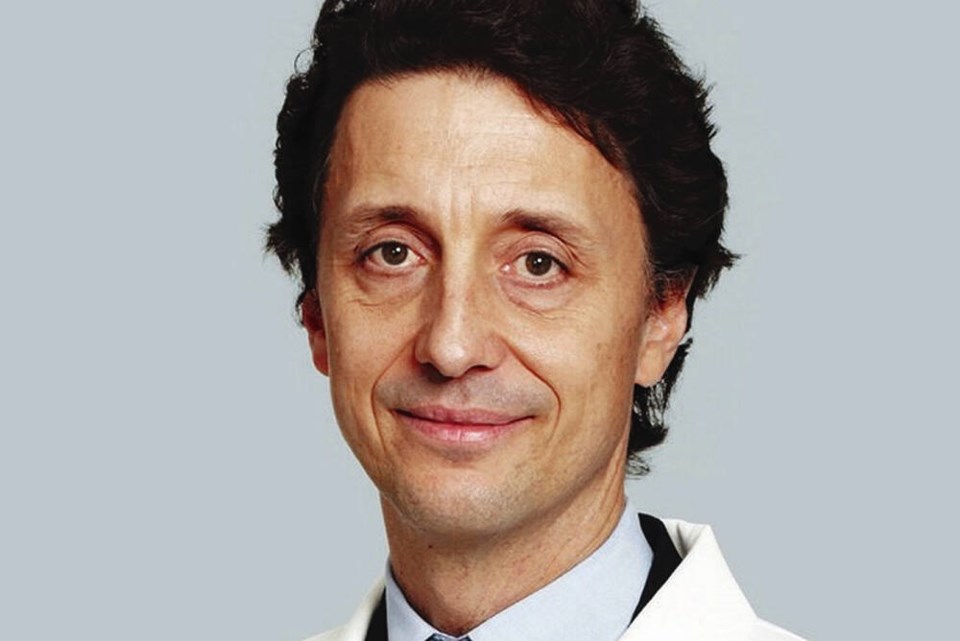Dear Dr. Roach: A few months ago, you wrote about the benefits of the shingles vaccine. At 63, I’m one of the 1% who has never had, nor been exposed to, chicken pox. I was tested in 2022 for varicella-zoster virus antibodies, and the results were negative. My current physician wants me to get the shingles vaccine, even though I can’t get shingles.
My previous physician suggested that I get vaccinated against the chicken pox virus, but this would require me to get the shingles vaccine because the chicken pox vaccine would cause me to have the dormant varicella-zoster virus as if I’d actually had chicken pox. I understand the benefit of the chicken pox vaccine, but I’m rarely around young children, having had no children of my own — only nieces and nephews. What do you recommend?
J.C.
I occasionally have come across your situation, and there are three approaches.
Chicken pox (varicella) is the disease people get when they are exposed to the varicella-zoster virus for the first time. Shingles (zoster) is a reactivation of the same virus that has been dormant in your body. It can sometimes happen decades later along one part of the body (called a dermatome), such as an arm or the lower half of the face. As you correctly state, you can’t get shingles until you’ve had chicken pox or a live vaccine.
The first option is to do nothing. While it’s the easiest, it has the biggest downside, which is that you will remain susceptible to chicken pox. Chicken pox at age 63 or older could be disastrous; there can be complications of the lung, eye and brain, which are potentially catastrophic. While you are unlikely to be exposed to varicella (hopefully your nieces and nephews were all vaccinated), you can still get chicken pox if you get exposed to someone with shingles (who are usually older people).
Shingles isn’t nearly as infectious as chicken pox, but it’s all the same virus. The infection is equally dangerous. Many people don’t recognize shingles right away and it could be potentially infectious.
The second is the path advised by your previous doctor, which is the evidence-based and recommended approach: Get vaccinated for chicken pox, then shingles. The two combined vaccines will give you protection against both. One downside is that it’s four shots. (Both the live chicken pox vaccine and recombinant shingles vaccine are two-dose vaccines.) Another is that the protection against shingles isn’t perfect, but it’s very good (more than 90%). Furthermore, your risk of shingles from the weakened live virus in the vaccine is less than it would be if you had chicken pox. I’d recommend this approach.
The third is the speculative and unapproved approach that was advised by your current doctor. In theory, the current shingles vaccine might provide protection against chicken pox, but this is untested in healthy adults. The vaccine is not indicated by the Food and Drug Administration to prevent chicken pox. There is, however, some reason to think that this approach may be successful, as a small study in transplant recipients with negative antibody titers did respond to the vaccine. But the study didn’t test whether this meant protection from disease.
I suspect that the future of chicken pox vaccines in children may consist of the same technology in the shingles vaccine. This might eventually eliminate the need for the shingles vaccines in adults in a few decades, but the current shingles vaccine is untested in large studies and unapproved for clinical use to prevent chicken pox.
Dr. Roach regrets that he is unable to answer individual letters, but will incorporate them in the column whenever possible. Email questions to [email protected]



